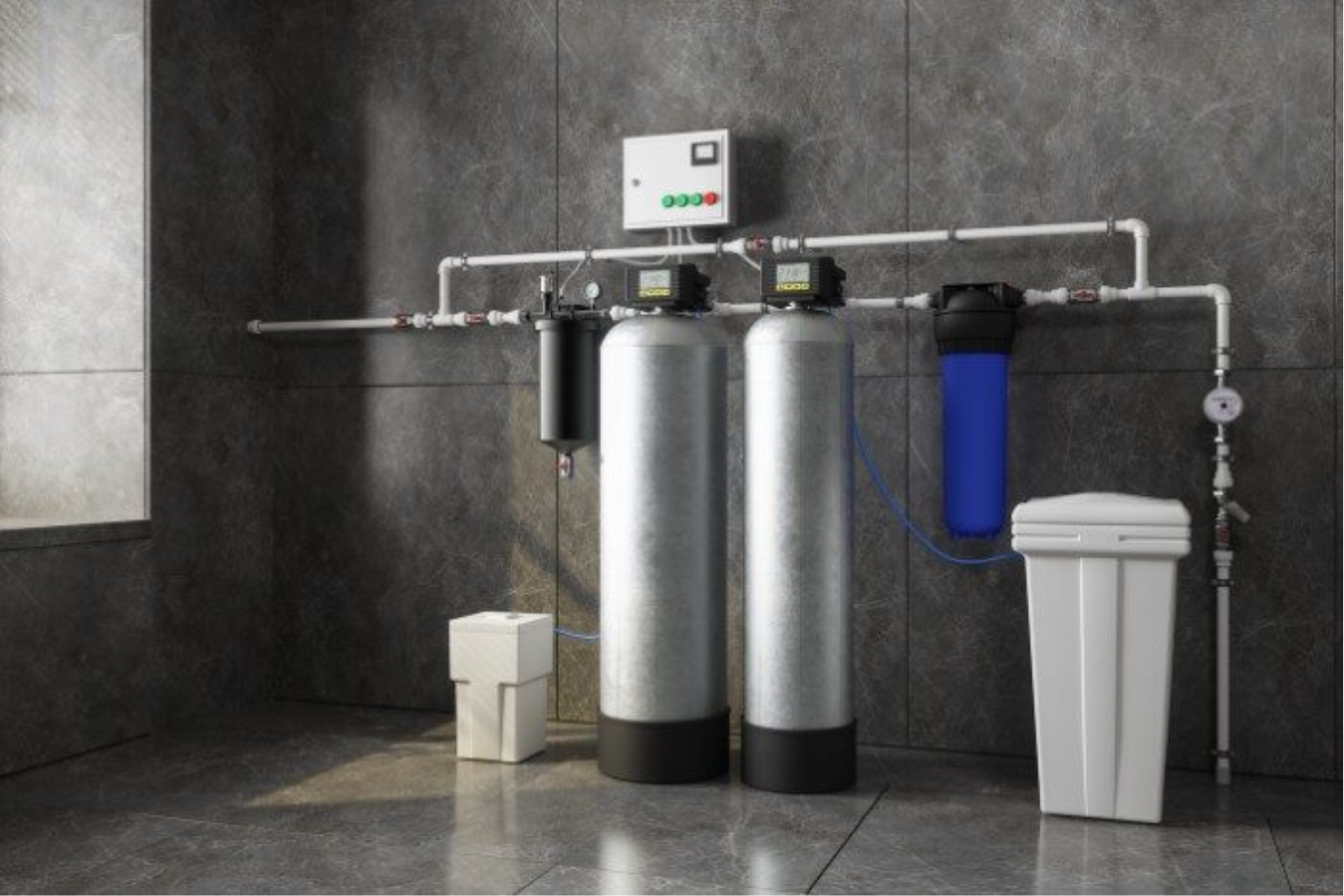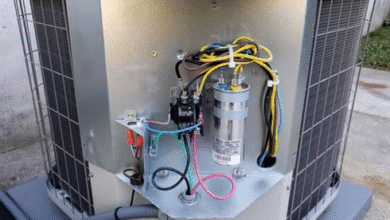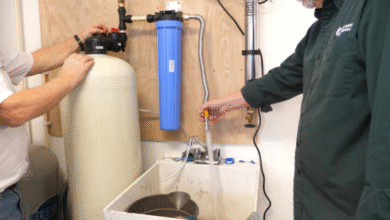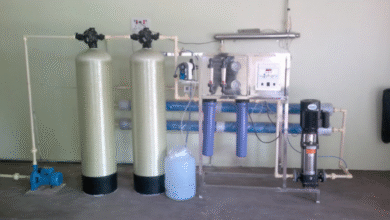Hard Water Got You Feeling Stuck? Here’s How to Actually Fix It at Home

Let’s talk about something unglamorous but totally annoying: hard water. It’s that invisible pest making your glasses foggy, your skin itchy, and your appliances work overtime. You don’t see it at first glance, but it’s there—silently building up in your pipes, coating your fixtures with chalky residue, and turning “clean” into “kinda gross.”
Sound familiar? You’re not alone. Hard water is a common issue across millions of homes, and yet most folks just put up with it. But here’s the thing—you don’t have to. There are real, workable solutions that don’t involve replacing every appliance or scrubbing your shower until your arms fall off.
So if you’ve ever wondered how to treat hard water at home, this one’s for you.
Wait, What Is Hard Water Anyway?
Hard water is just water with too many dissolved minerals in it—mostly calcium and magnesium. These minerals come from underground rock formations, and while they’re not harmful to drink, they are a royal pain when it comes to daily use.
You’ll spot it in:
- White spots on dishes and glassware
- Low lather from soap and shampoo
- Stiff, scratchy laundry
- Strange buildup around faucets and showerheads
- Decreased water pressure over time
And don’t even get us started on what it does to your water heater. That scale buildup? It’s costing you money by forcing your system to work harder for longer. No bueno.
The Real Deal on Hard Water Treatment Systems
Let’s cut through the noise. There are a lot of gimmicks out there—magnets, miracle bottles, magic rocks. But if you’re serious about solving your hard water problem, you’ll want to stick to proven technology.
1. Salt-Based Water Softeners
This is the classic solution for a reason. Salt-based systems replace the calcium and magnesium in your water with sodium through a process called ion exchange.
Pros:
- Very effective at softening water
- Protects pipes and appliances
- Cuts back on soap and detergent use
- Leaves skin and hair feeling smoother
Cons:
- Requires regular salt refills
- Some maintenance involved
- Not ideal for those on a low-sodium diet (though potassium alternatives exist)
If you’re looking for the best hard water solutions, this is the one most plumbers and water experts recommend first.
2. Salt-Free Water Conditioners
These don’t actually “soften” the water but instead crystallize the minerals so they don’t stick to surfaces.
Pros:
- No salt to buy
- Low maintenance
- Eco-friendly
Cons:
- Not as effective in very hard water situations
- Doesn’t provide the same silky feel as soft water
Still, for households trying to stay low-sodium or with moderate mineral content, they can be a great alternative.
3. Reverse Osmosis Systems
Reverse osmosis (RO) systems filter out a wide range of impurities—including hardness minerals—making them a top choice for drinking water.
Pros:
- Removes minerals, bacteria, and chemicals
- Improves taste
- Can be used under-sink or whole house
Cons:
- Slower water flow
- Some water waste in the process
- Usually used in combination with a softener
RO systems aren’t the end-all for hard water, but they’re a great partner to other solutions—especially if you’re focused on better-tasting water.
Not Ready to Invest? Here’s How to Start Small
We get it. Maybe you’re renting. Maybe you’re just not sure what system you need. You can still make some solid improvements without a full overhaul.
- Vinegar soaks: Use white vinegar to descale faucets and showerheads. Works like magic.
- Shower filters: These can soften water just enough to improve your skin and hair.
- Water softening laundry additives: Help your detergent do its job.
- Boil-and-cool method (for drinking): It’s a quick fix—boil water, let it cool, and pour off the soft stuff, leaving the hardness minerals at the bottom.
These won’t fix the root of the problem, but they’ll ease the symptoms until you’re ready to upgrade.
Treat It Like You Mean It: Getting a System That Fits
Hard water is a spectrum, not a one-size-fits-all issue. That’s why testing your water is the first step to any serious fix. A home test kit or professional water analysis can tell you exactly how hard your water is and what other impurities might be tagging along.
From there, you can match your solution to your needs. Small house? A single-tank softener may do. Bigger family? Look into dual-tank systems. Sensitive to sodium? Go salt-free. There’s a system out there with your name on it—you just have to know what you’re solving for.
And if you’re stuck? Local water specialists can help without the hard sell. Trust your gut and work with someone who actually listens.
The Takeaway: You Deserve Better Water
Hard water doesn’t have to be your daily battle. Whether you choose a whole-house softener, a budget-friendly shower filter, or a solid combo of RO and conditioning tech, the key is taking action. And not just because you’re tired of cleaning cloudy glassware (although, yeah, that too).
It’s about protecting your home. Your skin. Your time. And hey—your peace of mind.
So the next time you find yourself Googling “how to treat hard water at home,” know that there are hard water treatment systems out there that actually work. You don’t have to settle for subpar showers or scrubbing tile till your arms ache. You just have to start.



